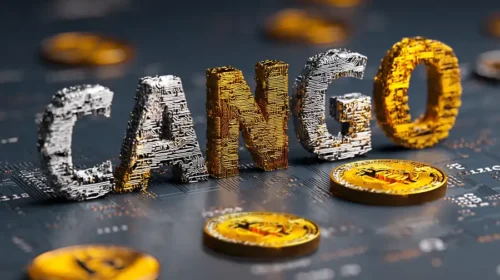FAST NEWS: Gamer IGG posts first loss in a decade

The latest: Mobile game publisher IGG Inc. (0799.HK) said on Monday it expects to report a net loss of HK$490 million ($63 million) to HK$510 million last year, reversing its net profit of HK$370 million in 2021 and marking its first loss since 2012.
Looking up: Most of last year’s loss came from an investment loss of HK$320 million to HK$330 million. The loss from its core game business was approximately HK$170 million to HK$180 million.
Take Note: Subtracting a HK$58 million loss for the company’s gaming business in the first half of last year implies a loss of HK$112 million to HK$122 million in the second half of 2022, implying the business deteriorated sharply in the latter part of the year.
Digging Deeper: IGG was established in Fuzhou, capital of East China’s Fujian province, as a mobile game developer and publisher in 2006, and moved its headquarters to Singapore in 2009. It was listed on the Hong Kong Stock Exchange’s Growth Enterprise Market for smaller companies in 2013 and transferred to the Main Board two years later. The company’s loss last year is the first since its listing, mainly due to weak global financial markets and a regulatory clampdown in China’s Internet gaming industry, resulting in a 23% to 25% decrease in revenue in 2022. Management said it is confident that the company’s core game business will return to profits again in 2023.
Market Reaction: IGG shares plunged on Tuesday, closing down 12.1% at HK$2.55 by the midday break. The stock now trades at the lower end of its 52-week range.
Translation by Jony Ho
To subscribe to Bamboo Works free weekly newsletter, click here






